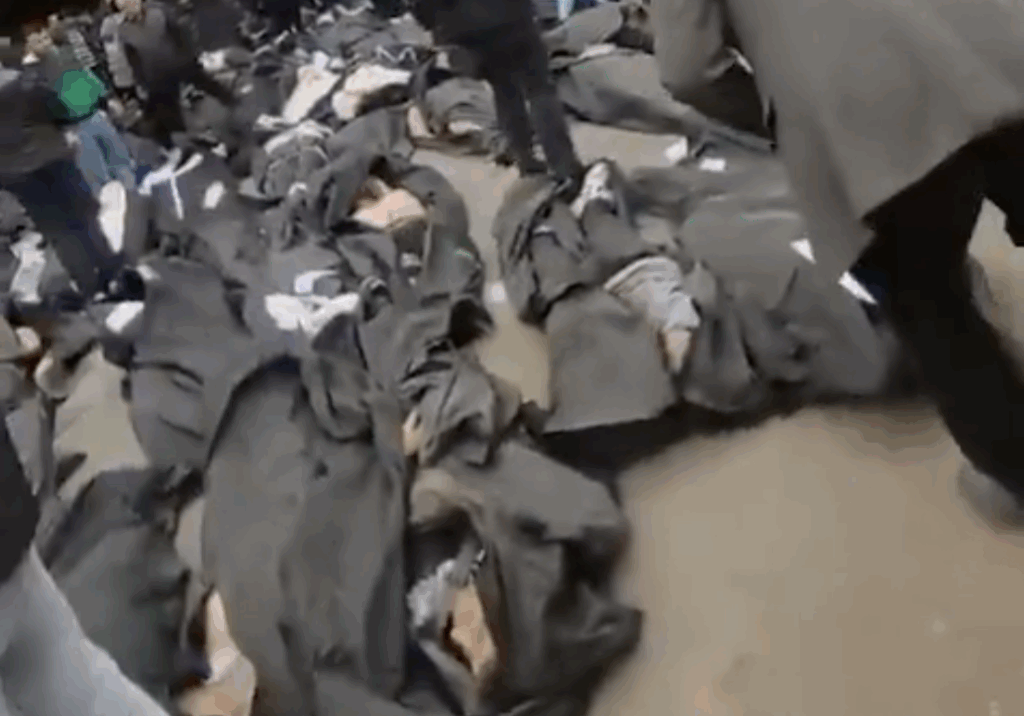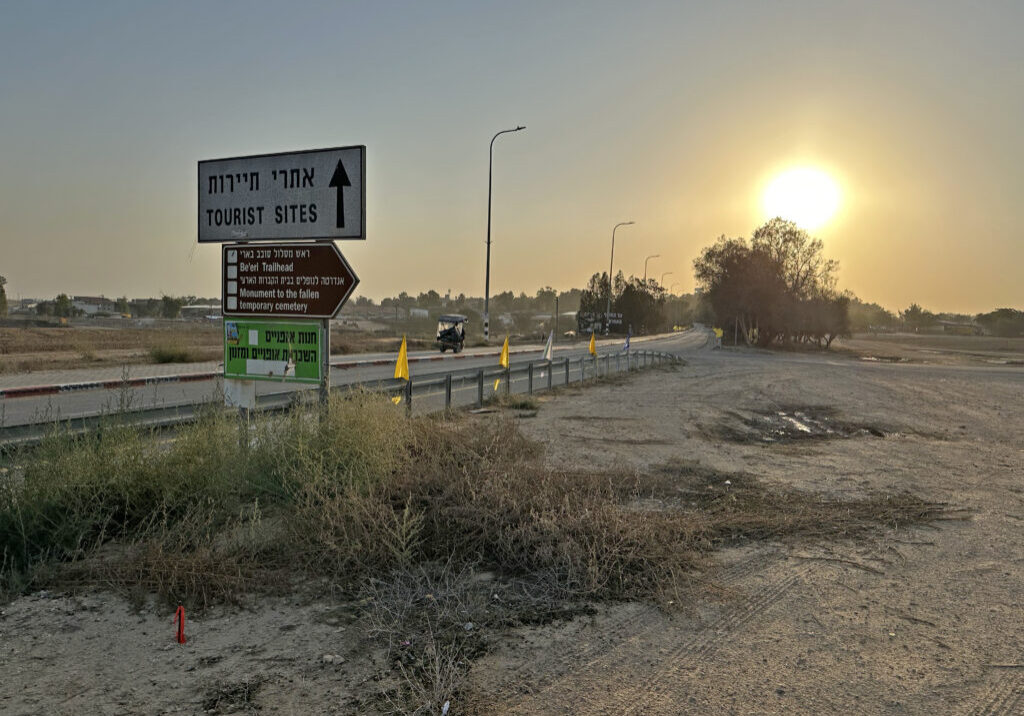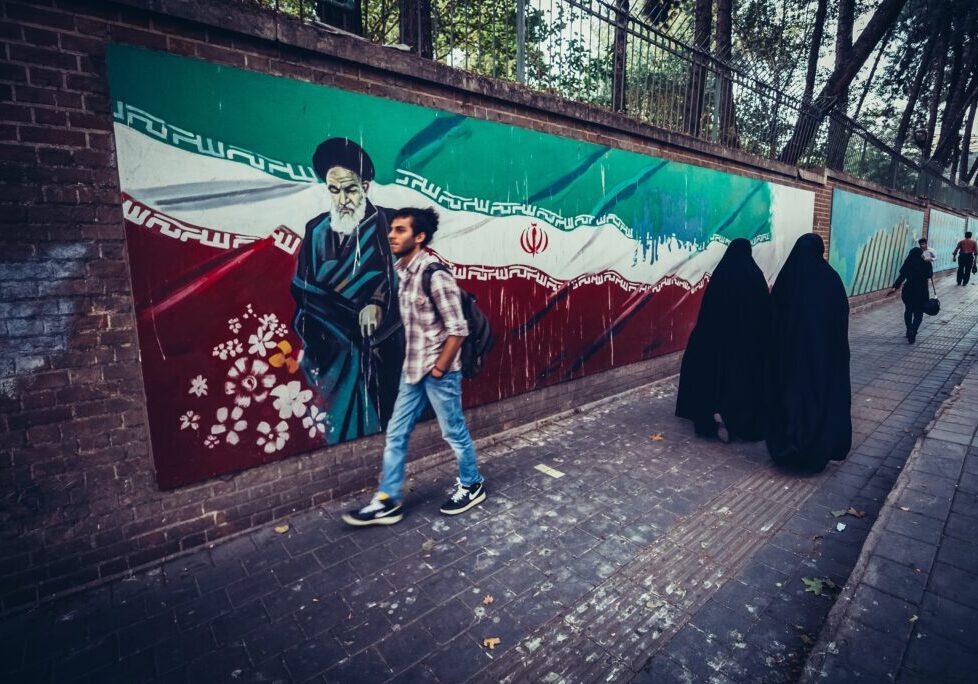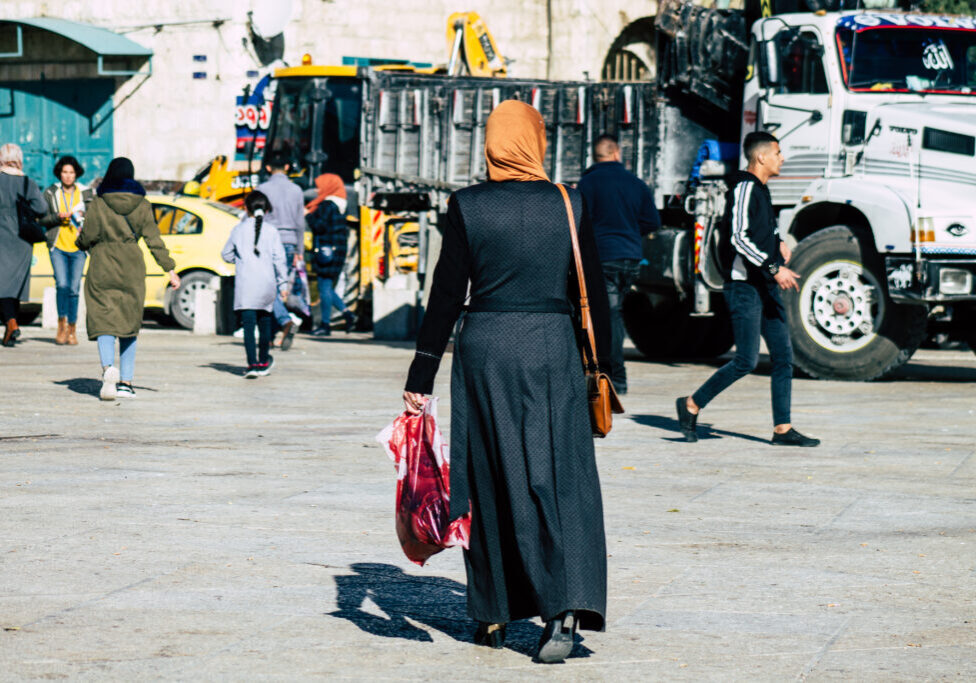Australia/Israel Review
Behind the News – March 2023
Feb 27, 2023 | AIJAC staff
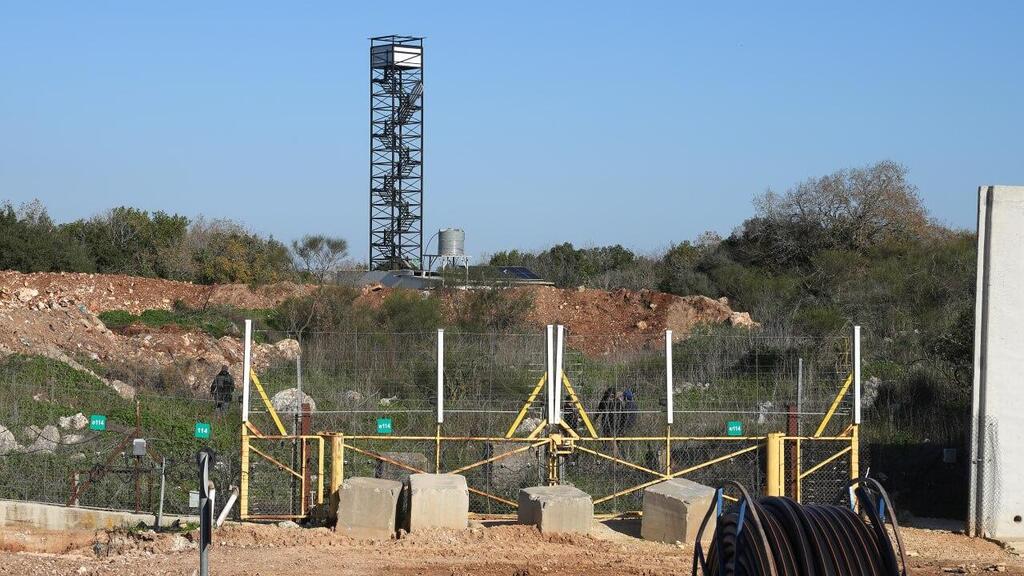
ROCKET AND TERROR REPORT
Eight rockets were fired into Israel from Gaza on Jan. 25, 13 on Feb. 1, one on Feb. 11, and six on Feb. 23, causing no casualties or damage and prompting Israeli retaliatory strikes, including on a Hamas underground weapons factory.
On Jan. 27, a Palestinian opened fire on Jews leaving Friday night prayers at a synagogue in Neve Yaakov, Jerusalem, killing seven and wounding three before himself being killed. On Jan. 28, a 13-year-old Palestinian shot a father and son in Jerusalem before being shot and wounded.
On Feb. 10, a vehicular ramming in Jerusalem killed two brothers, a six-year-old and eight-year-old, as well as their uncle, and wounded several others before the Palestinian attacker was shot and killed.
Various other stabbing, ramming and shooting attacks by Palestinians against Israelis were thwarted or led to no serious casualties.
Continuing Israeli counterterrorism raids throughout the West Bank resulted in dozens of arrests and the deaths of several Palestinians, almost all known terrorist operatives or gunmen attacking security forces.
PA SUSPENDS SECURITY COOPERATION WITH ISRAEL
The Palestinian Authority (PA) announced on Jan. 26 that it was suspending its security coordination with Israel after an Israeli military raid on a terrorist network in Jenin that day killed nine Palestinians. All but one were terrorists or gunmen.
PA Deputy Prime Minister Nabil Abu Rudeineh said the Palestinians also planned to file complaints over the raid with the UN Security Council, International Criminal Court, and other international bodies.
US Assistant Secretary of State for Near Eastern Affairs Barbara Leaf told reporters, “Far from stepping back on security coordination, we believe it’s quite important that the parties retain, and if anything, deepen security coordination.”
HEZBOLLAH BUILD-UP ALONG ISRAEL-LEBANON BORDER
The Hezbollah terror group has built 20 observation towers, each 18 metres high, along the Israel-Lebanon border in the past year, according to Israeli media reports. The towers appear to be a response to Israel’s construction of a fortified wall along 140 kilometres of the border.
They represent a violation of United Nations Security Council Resolution 1701, which forbids Hezbollah from operating near the border.
IRAN ENRICHES URANIUM TO NEAR WEAPONS GRADE
In mid-February, International Atomic Energy Agency (IAEA) inspectors in Iran detected uranium enriched to 84% – just 6% shy of military grade uranium used for nuclear weapons.
The IAEA also reported that Teheran failed to update the agency, as legally required, that it had made changes to the connections between two cascades of advanced IR-6 centrifuges producing 60% enriched uranium at the underground Fordow site.
Earlier, on Jan. 25, IAEA Director General Rafael Grossi had warned that Iran had accumulated enough fissile material for “several nuclear weapons”. Grossi also expressed concern over Iran’s lack of disclosure, which he noted was “inconsistent” with Teheran’s international commitments.
IRAN-RUSSIA OIL SMUGGLING COOPERATION
Media reports allege that Russia has begun using Iran to ship oil to bypass Western sanctions. The Financial Times reported that the export of Russian oil is occurring via Iran’s “ghost fleet” of tankers, now carrying Russian oil instead of Iranian, thus enabling Moscow to breach sanctions using techniques pioneered by Teheran.
In addition, on Feb. 11, Russian Deputy Prime Minister Alexander Novak told Moscow-based reporters that a potential agreement that would allow the delivery of Russian oil and natural gas supplies via Iran to other countries under a “swap arrangement” was a “promising project”. The first phase of this arrangement could commence in March, via pipes crossing Turkmenistan, Iranian media reported.
RUSSO-IRANIAN DRONE PARTNERSHIP DEEPENS
The Guardian reported that Iran had transferred at least 18 drones, including six Mohajer-6, to Russia’s navy in November, following the visit of a Russian delegation to Iran. The drones were reportedly transferred via ships in the Caspian Sea and via Iran’s state airlines and were accompanied by 54 Iranian operatives to help integrate them into the Russian military. The Mohajer-6 is a larger model than the hundreds of Shahed-136 and Shahed-131 loitering munitions Russia has already been employing in Ukraine.
Separately, the Wall Street Journal reported that an Iranian delegation recently visited Russia to inspect the site of a planned factory in Yelabuga that, once completed, will produce approximately 6,000 Iranian drones a year for Russia’s war on Ukraine, including an upgraded variant of the Shahed-136.
An Iranian Shahed-136 reportedly struck an Israeli-owned tanker, the Campo Square, on Feb. 10 in the Arabian Sea.
ISRAEL SUSPECTED OF DRONE ATTACK IN IRAN
Israel’s Mossad intelligence organisation was reported to have been behind a drone attack on a military facility at Isfahan in Iran on Jan 29. Sources told US media that the attack was aimed at a weapons-production factory and was successful, contrary to Iranian claims. Reports suggest that the factory targeted was likely making drones or missiles to be shipped to Russia for its war in Ukraine.
Also in January, reports suggest Israel carried out several attacks on truck convoys crossing from Iraq into Syria that belonged to Iran-affiliated Iraqi Shi’ite militias, and were allegedly carrying weapons systems for Iranian proxies in Syria or Lebanon.
On Feb. 19, reputed Israeli military strikes reportedly resulted in the deaths of at least five people at a military building in the Damascus neighborhood of Kafar Sousah, and damage to several other Iranian military sites across Syria.
ISRAEL AND SUDAN MOVE CLOSER TO FULL RELATIONS
On Feb. 2, Israel’s Foreign Minister Eli Cohen met with Sudanese Transitional Government chief General Abdel Fattah al-Burhan in the Sudanese capital Khartoum to discuss the full normalisation of relations between the two countries under the Abraham Accords – which Sudan was the fourth country to join.
On his return to Israel, Cohen stated that the two countries had now finalised the text of a normalisation deal, but the signing would wait till Sudan had returned to civilian government.
Meanwhile, Chadian President Mahamat Deby visited Israel on Jan. 31, and announced Chad would soon inaugurate an embassy in Tel Aviv.
ISRAELI EARTHQUAKE AID TO TURKEY
More than 350 members of Israeli search and rescue and medical teams returned home in mid-February, after spending over a week in Turkey following the devastating earthquakes that struck the region on Feb. 6 and 7.
One Israeli team established a field hospital at an abandoned medical centre outside the south-eastern Turkish city of Kahramanmaras, and treated over 470 earthquake victims. A separate search and rescue team of 160+ persons rescued 19 civilians from the rubble in south-eastern Turkey.
Turkish media reported that Israel’s was the second-largest international rescue and medical aid contingent sent to the disaster area.
Meanwhile, there have been allegations the Assad regime has been stealing aid meant for earthquake victims in the north of Syria, with video emerging of relief goods being sold on the streets of Damascus, 350km away from the earthquake zone.
Stranger than Fiction
Parking Problems
It’s a fact that east Jerusalem suffers from a shortage of parks, largely because of a lack of urban planning before Israel captured these neighbourhoods in the 1967 Six-Day war.
Recently, the Jerusalem Municipality has taken major steps towards rectifying this problem – yet, bizarrely, rejectionist Palestinian activists have railed against this.
On Feb. 16, the Jerusalem Municipality announced the opening of the NIS 28 million (A$11.5m) Wadi Joz Park, a 6.1-acre expanse of green grass, trees, exercise equipment, soccer and sports fields, bike paths and picnic tables, all topped off with a state-of-the-art playground.
It’s the largest recreational space Jerusalem has developed in decades – larger even than the highly popular Sacher Park in central Jerusalem, convenient to mostly Jewish neighbourhoods.
Jewish Israelis aren’t likely to use Wadi Joz Park, as it’s not close to their neighbourhoods. Rather, the location was chosen to serve the needs of Arab residents.
Yet prominent Palestinian activists have been essentially telling their kids, “No park for you” – if they are built by Israelis. Commenting on a surge in Israeli investment in improving the quality of life in east Jerusalem, Nasser Al-Hadmi, head of the “Jerusalemite Committee for Anti-Judaisation”, harshly criticised it, explaining to the Hamas-linked Safa news agency that, “The occupation wants [to demonstrate] that [Jerusalem] is its unified capital, by eliminating all forms of differences… between its two parts.” This is terrible, he said, because it might “cauterise” Palestinian minds, numbing them to Israel’s plan to “Judaise” Jerusalem.
That’s right – anything Israel does to close the gap in living standards between Jerusalem’s Palestinian and Jewish residents is just another manifestation of diabolical “Judaisation”. Even opening parks and playgrounds in mostly Arab areas.
With that kind of twisted logic, you’d be forgiven for thinking they’ve been smoking grass, not playing on it.


